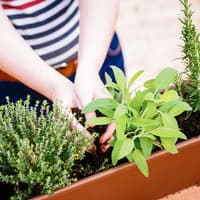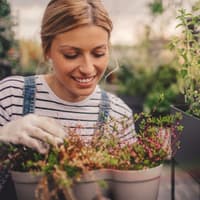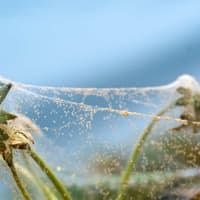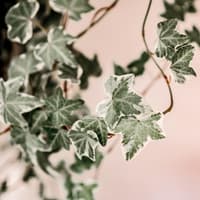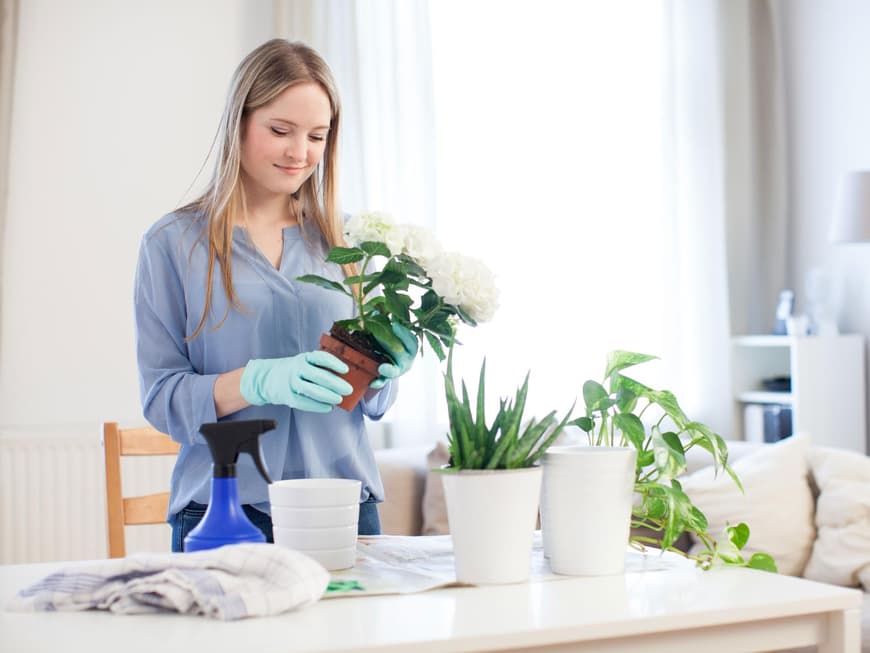
Dust off the leaves
To allow light and moisture to reach the leaves unhindered, regularly remove the dust from the leaves. Wipe large plants with a damp cloth, shower small-leaved plants regularly without allowing the soil to get too much water.
Change the location of houseplants
The heating is often located under the windowsill. Plants find the air there too dry. Or their leaves touch the cold window pane and the temperature shock causes them to turn brown and fall off. It is therefore best to change the location in winter. If this is not possible, place a bowl of moistened clay granules under the plant to at least permanently increase the humidity around it.
Less watering is good now
Water sparingly now. Most plants take a break during the cold, dark months and need less water. To get houseplants ready for winter, water them less often in the fall and always check how moist the soil is beforehand. Important: do not take water fresh from the tap, but leave it in the watering can for a few hours. This allows it to reach exactly room temperature. This reduces stress for the plants.
Ground heat is important
Most houseplants react very sensitively to cold from below, for example on a stone floor above an unheated cellar. They respond to the cooling of the root ball with leaf loss. A piece of polystyrene under the pot helps to prevent this.
Use the right soil
If the plant has grown properly over the summer, it may need larger quarters to make it fit for winter. Indoor plants thrive particularly well in winter with special soil for potting and repotting green plants and palms (e.g. Floragard).
An immersion bath loosens up
When repotting, carefully remove the plant from the old pot. Loosen the root ball carefully at the sides and bottom. Sometimes an immersion bath helps to loosen any blockages.
Pests threaten houseplants
Dry heating air promotes infestation with spider mites or scale insects. A sticky film on the leaves gives the scale insect away. The sucking damage caused by spider mites can be seen on the underside of the leaves. The leaf then looks speckled.
In the case of light infestation, a powerful shower often helps. If the damage is severe, plant protection products must be used. Separate affected houseplants from healthy ones until the uninvited pests have disappeared.
To combat aphids, simply place several peeled garlic cloves in the potting compost around the plant stem.


